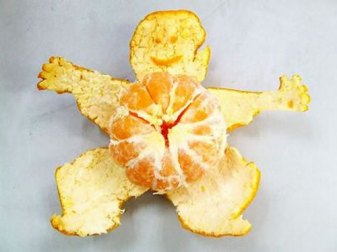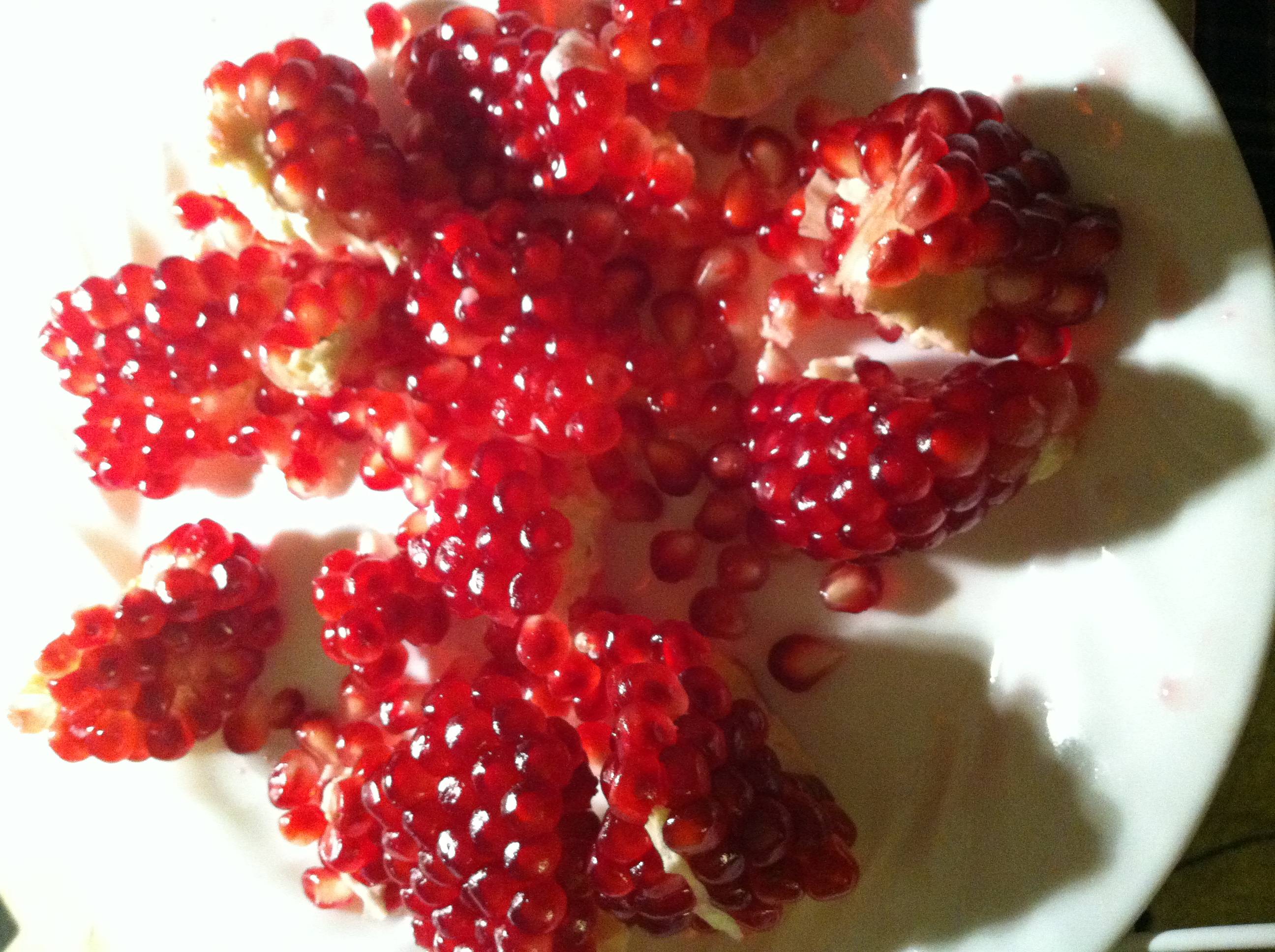I have limited experience feeding wildlife, and while it's fun to watch and I'm sure fun for the wildlife too, I'm interested in just how much fun. Is there's any noticeable difference in the following scenarios?
- Scenario A: a bird is given a "pile" of food, and can eat it at any pace.
- Scenario B: an element of play or competition is introduced. The bird has to seek out seeds that are scattered on the ground, or has to compete with other birds. Alternatively, a challenging bird feeder is used.
The end result is that there's enough food to satiate the bird in either case. It seems that in scenario B, it would take longer for the bird to get full. In scenario B, the bird has to hop from one cluster of seeds to the next, picking out the ones that the bird wants. There may be additional birds, also competing for the tastiest seeds. Alternatively, the bird has to balance on the birdfeeder, and coordinate precise movements to retrieve a seed from the feeder.
If the bird is observed over the next X minutes or hours following the feeding, is there any noticeable difference in the overall demeanor, activity pattern, etc., between the two scenarios?
UPDATE: I originally thought that this question does not apply to humans - we all sit at a table and eat meals from dishes, etc. I couldn't ask a question about kids throwing pie, which is what I thought of when I think "play with food". But this evening, as I was deseeding a pomegranate, I realized that humans may like "Playing" with difficult fruit too
- Pomegranate
- Citrus (oranges/grapefruit)
- Pineapple

Getting to the best parts of these fruit can be turned into a game too. For example, deseeding pomegranate can be done with the minimum amount of juice splashing, while an orange peel can be removed in many ways as well.
The scenarios above can be modified to be easily applicable to humans too:
- Scenario A: Given unlimited supply of whole pomegranates to deseed
- Scenario B: Given an unlimited supply of pomegranate seeds on a plate
Which person will leave the table feeling better?
To get a sense of how people may play with the fruits above, search google for "Peel an orange", and you will find very varying screenshots.
